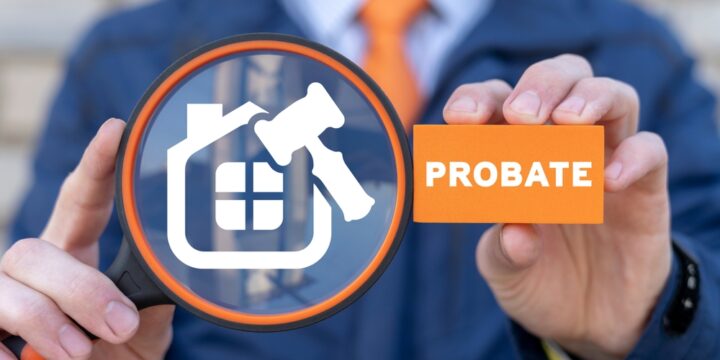
How Does Probate Begin After Someone Passes Away?
When your loved one died and left a will or passed away without an estate plan, your family would need to go through the probate process for the assets to be distributed to the heirs. Probate does not begin on its own. You would need to take a number of steps to start the process. When the deceased person left a will, they would have designated someone to serve as the personal representative (often known as the executor). This person has the role of acting on behalf of the estate, both to the court and in terms of the property. The personal representative will file a copy of the will with the court and the necessary forms to begin the probate process. In Florida, the major issue is that the…









